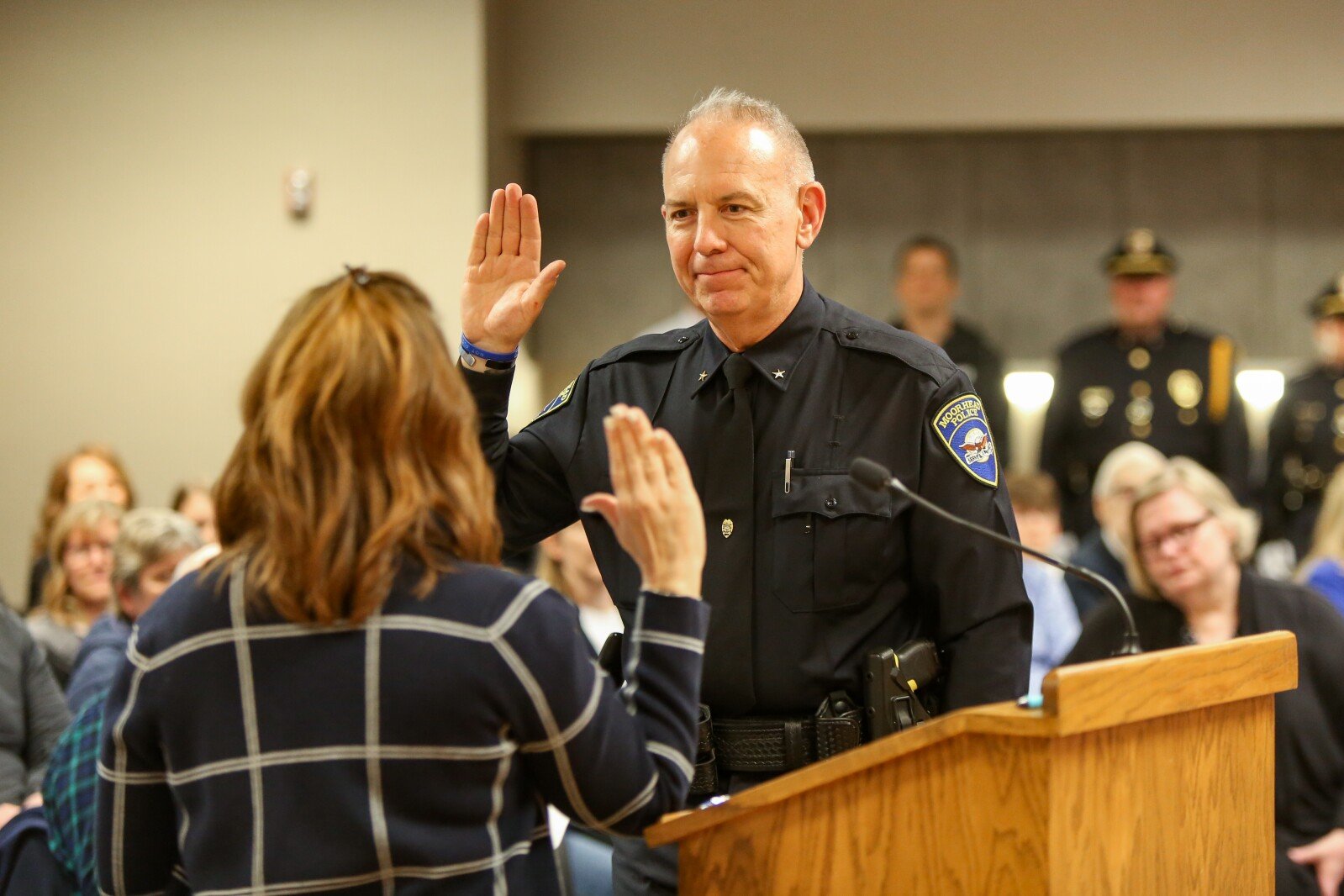Massachusetts cannabis regulators are taking significant steps to establish social consumption lounges in the state. During a recent meeting, the Cannabis Control Commission (CCC) discussed critical details regarding business relationships, public safety, and enforcement concerns related to these lounges.
The CCC plans to continue refining the regulations, with a review session scheduled for the coming Monday. Once finalized, the regulations will enter a formal process that allows for public comments. The board aims to finalize the entire framework by mid-2025, although they acknowledge that there will be a lengthy implementation phase thereafter.
Commissioner Nurys Camargo emphasized the importance of careful planning, stating, “Massachusetts has waited long enough for social consumption. We gotta get it right.” She cautioned that just because discussions are ongoing does not mean social consumption will be available immediately.
The commission is working on regulations for three types of social consumption licenses. These include supplemental licenses for existing cannabis businesses, hospitality licenses for new establishments, and event organizer licenses for temporary consumption events.
During the meeting, the three commissioners present—Camargo, Kimberly Roy, and Acting Chair Bruce Stebbins—focused on defining key terms and ensuring the forthcoming regulations would be practical and enforceable. A major topic of discussion was the relationship between cannabis licensees and non-cannabis businesses that might collaborate with them.
Commissioner Roy expressed concerns about the definition of “close associate,” indicating that it may limit potential partnerships. She noted, “I think we’re boxing ourselves in a little bit. I hear about things anecdotally – folks getting creative with ownership and control.”
In a post-meeting briefing, Stebbins elaborated on the commission’s worries regarding these relationships. He stated, “We just want to make sure that there’s no controlling interest by the non-cannabis business.” He clarified that the relationship should only involve leasing space, warning that anything beyond that could conflict with ownership and control regulations.
Stebbins also mentioned the exciting opportunities that hospitality licenses, such as those for yoga studios or entertainment venues, could bring. However, he stressed the need to avoid any “predatory or ownership relationship” between cannabis licensees and non-cannabis businesses.
Additionally, the commission decided to reduce the proposed annual license fee for hospitality establishments from $10,000 to $5,000. Commissioners were concerned that the higher fee could deter small businesses, particularly those owned by individuals from disadvantaged backgrounds, from participating. Roy remarked, “We’d hope Black and brown-owned yoga studios or lounges or cafes would participate, but we’re going to disincentivize that by making it double.”
The commission is also incorporating several public safety measures into the regulations. These include stopping cannabis sales 30 minutes before the facility closes, requiring transportation plans for impaired customers, and mandating “cool down spaces” equipped with water and CBD products for those who might experience adverse reactions.




